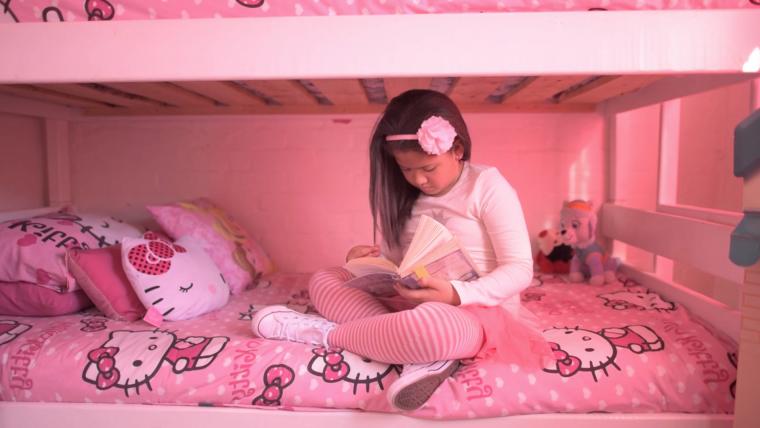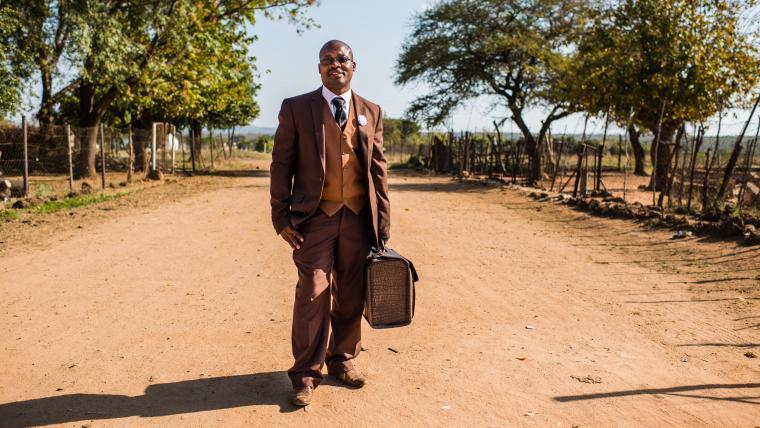
Changing society. Calling for justice. Are our cellphones the solution?
Our lives revolve around our cellphones. The technology is fundamental to being a democratic citizen. Without one, we risk exclusion from that which connects us to society – the news, public transport schedules, each other. When Koketso Moeti’s community in the North West was threatened with eviction, they needed an efficient way to join forces. Moeti found the solution at her fingertips. By mobilising over their phones, the community managed to stop the eviction.
Spurred on by the success, Moeti founded the non-profit company, amandla.mobi, in 2014. The organisation enables people to create online campaigns to address their shared challenges. Using cellphones allows more people to get involved, and amplifies their concerns to a wider audience. Rather than going through inefficient communication channels, citizens are given direct access to those in charge. “We connect people to the right decision maker in ways that they can’t be ignored,” Moeti says. Since its inception, amandla.mobi has dealt with a range of issues, from public health and education, to the environment. The platform is available in four languages, allowing more people to communicate in their mother tongue and have their voices heard. “Those most affected by injustice, particularly low-income black women, can take action no matter where we live or what language we speak,” Moeti says.
For her work, Moeti won fellowships from the Obama Foundation and the Aspen Institute New Voices programme. Her initiative has changed the lives of over 225 000 South Africans and demonstrated that people have the power to influence those with authority. Through her innovative network, Moeti has given people not just the belief that they can create their own solutions, but the ability to do so. “Change begins when we instil a sense of hope in people,” she says.






























Please sign in to leave a comment